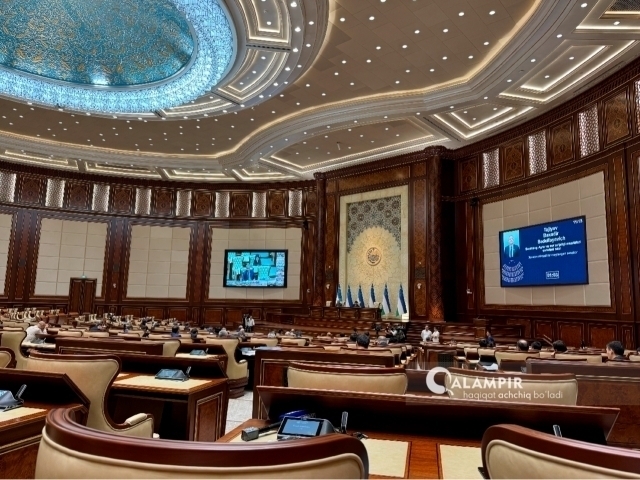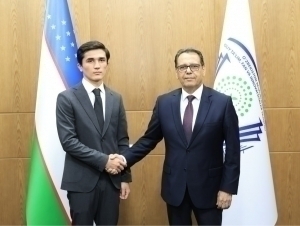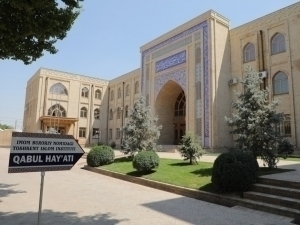Responsibilities for parents sending children to receive religious education in unauthorized settings are being strengthened
Local
−
16 August 2024 8412 2 minutes
In Uzbekistan, the responsibility of parents who allow their children to receive religious education in unauthorized settings is being reinforced. This is outlined in the newly Senate-approved law, "On Making Additions and Amendments to Certain Legal Documents of the Republic of Uzbekistan Aimed at Further Strengthening the Protection of Children's Rights."
During discussions, senators highlighted the increasing trend of parents enrolling minor children in illegal religious education programs.
"According to studies conducted by law enforcement agencies, 2,457 administrative offenses related to illegal religious instruction were identified between 2021 and 2023. Of these, 1,479 were conducted in 'cell' conditions, with 60 percent of those involved being minors," stated a report on the Senate's website.
It was further reported that the number of minors prosecuted for crimes related to religious extremism and terrorism has quadrupled over the last three years.
"Moreover, various serious offenses are committed against children during such illegal education. These include restrictions on the child's freedom of movement, confinement in unsanitary and unsafe conditions, physical and psychological abuse, and, in some cases, sexual violence," the report noted.
It was emphasized that the Law "On Freedom of Conscience and Religious Organizations" and prior legislation establish the legal framework for religious professional education, with private religious education deemed illegal.
The new law amends the "Law on Guarantees of Children's Rights" and the Code of Administrative Responsibility of the Republic of Uzbekistan, imposing penalties on parents or guardians who engage children in religious education that violates the law. Additions are also being made to reinforce these requirements.
At the same time, the law explicitly affirms the right of parents or guardians to provide religious and moral education to their children by their personal beliefs. This provision is based on Article 18 of the International Covenant on Civil and Political Rights.
Live
All




